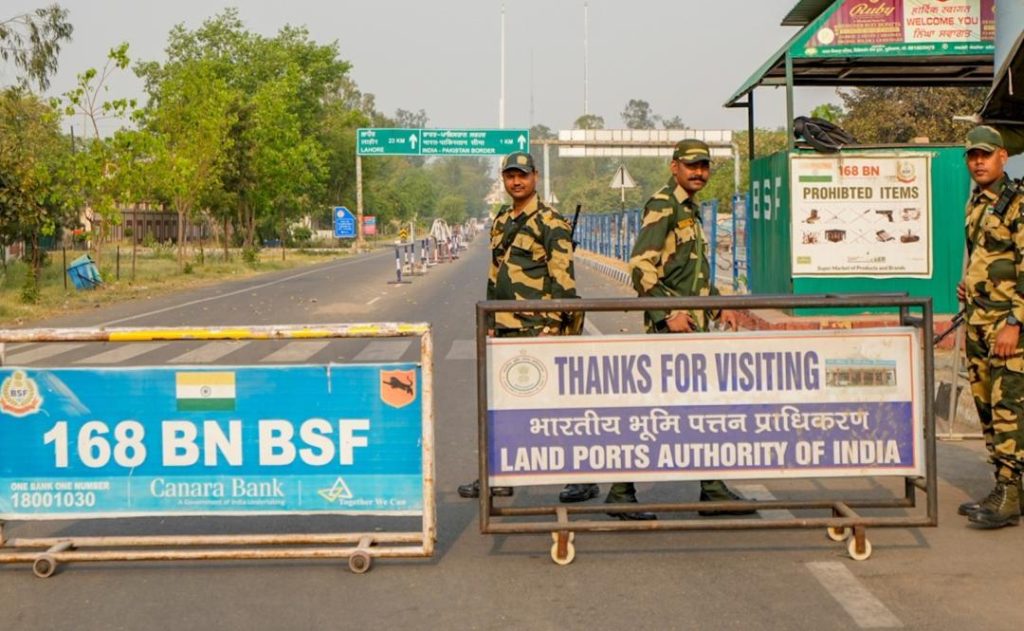
Attari-Wagah Border Between India and Pakistan Completely Closed
The Attari-Wagah border, a significant crossing point between India and Pakistan, has been completely closed, according to a report by PTI on Thursday. This comes as a surprise to many, as the border had been a symbol of the fragile peace between the two nations for decades. The news has sent shockwaves across the region, with many wondering what led to this sudden decision.
The border, which connects the Indian city of Amritsar to the Pakistani city of Lahore, has been a popular tourist destination in the past. Thousands of visitors would flock to the border every day to witness the elaborate flag-lowering ceremony, which was a symbol of the friendly relations between the two nations.
However, all of that changed recently. The Pahalgam terror attack, in which 26 tourists were killed, had a profound impact on the relationship between India and Pakistan. The attack sparked widespread outrage and condemnation across India, and the government was quick to respond.
In the aftermath of the attack, the Indian government began mass deportations of Pakistani nationals who were living in India. This move was seen as a strong response to the terror attack and a demonstration of India’s resolve to tackle terrorism.
Pakistan, however, took a different approach. The government decided to shut the border and stop accepting its citizens who were being deported by India. This move was seen as a retaliatory measure, with Pakistan accusing India of violating human rights and international law.
The closure of the Attari-Wagah border is a significant development, and it has far-reaching implications for the relationship between India and Pakistan. The border has been a symbol of the fragile peace between the two nations, and its closure is a stark reminder of the tensions that still exist.
The closure of the border has also had significant economic implications. The border is a major trade route between India and Pakistan, and its closure has led to a significant decrease in trade. The closure has also had an impact on the thousands of people who rely on the border for their livelihood.
The decision to close the border has been met with widespread criticism, with many calling it a knee-jerk reaction. The move has been seen as a retrograde step, and many have argued that it will only serve to escalate tensions between the two nations.
In conclusion, the closure of the Attari-Wagah border is a significant development in the relationship between India and Pakistan. The border has been a symbol of the fragile peace between the two nations, and its closure is a stark reminder of the tensions that still exist.
The decision to close the border has significant implications for the relationship between the two nations, and it will be interesting to see how things unfold in the coming days. Will the border remain closed, or will a compromise be reached? Only time will tell.
News Source:






